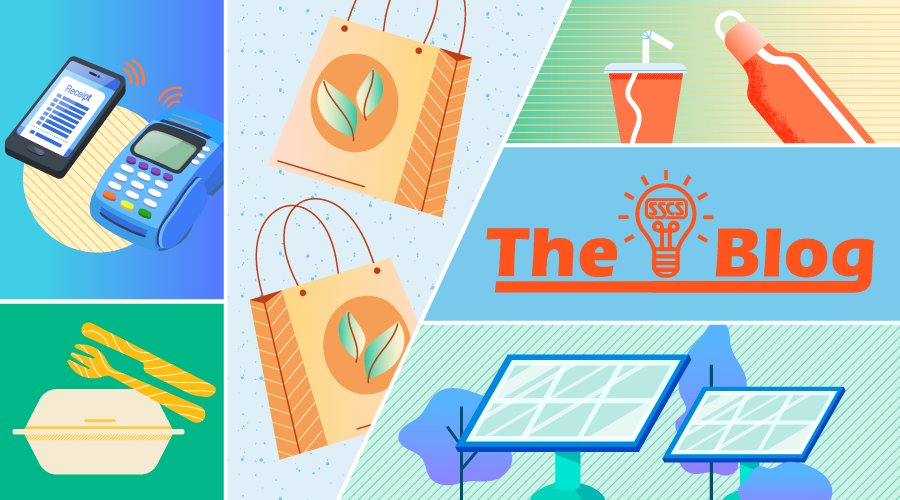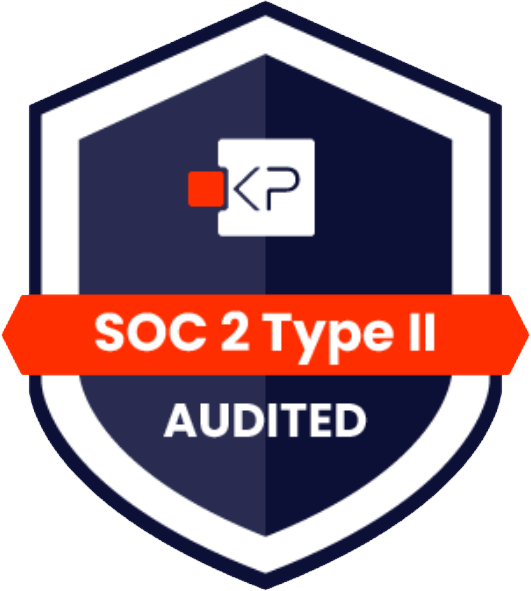
New Adventures in Reusability
The quest for sustainability and the elimination of waste can play out in some highly unusual ways.
Sustainability as a concept has become woven into our lifestyles, whether it’s recycling containers or finding ways to use less water or electricity. Turns out that’s just scratching the surface, though, as many retailers and suppliers, inside and outside the industry, have been trying out their own unique spins on controlling waste and fully leveraging materials for reuse.
More on that in a minute.
The c-store industry is certainly adapting. In this very recent and incredibly thorough look at sustainability efforts as they have played out in the industry, CSP Daily News presents a generous selection of articles describing different aspects of the industry’s approach to eliminating excess use.
They include a post on SSCS customer Circle K’s implementation of reusable cups as well as the chain’s partnership with Too Good to Go, through which customers can purchase food that might otherwise go to waste for half of the original price or less. SF Bay Area-based Hangry Planet, which we name checked last week, is also called out for their efforts, and also serves as an example of how sustainability can lead to market differentiation in certain geographic areas.
The industry is full of other great examples, too, like the solar power solutions being explored by TravelCenters of America, Wawa, and Casey’s. And there’s cross pollination with c-store vendors and suppliers, too, who are spearheading their own organizations’ sustainability efforts, like the one found in this detailed overview from Keurig Dr. Pepper.
This is all important stuff, but it turns out there are a number of fascinating approaches across the globe, not necessarily industry-related, that show what happens when human ingenuity gets applied to the concept of sustainability. We thought we’d share a few examples:
- Shoes made from chewing gum. Sustainability company Gumdrop makes shoes out of chewing gum which it turns into a new kind of rubber, Gum-tec, out of which it makes footwear.
- Tote bags from plastic ocean waste. Parley for the Oceans offers a number of products that utilize plastic and other waste reclaimed from the ocean, including limited artist edition tote bags and sunglasses made from marine debris and reclaimed fishing nets.
- Biodegradable Glitter. Brands like EcoStardust offer biodegradable glitter made from plant cellulose, which reduces microplastic pollution while allowing for sparkle in cosmetics and crafts.
- Paper made from stone. Karst, an Australian Company, makes water-resistant paper out of crushed stone, which requires no trees (for wood pulp), water, or bleach.
- Clothing made from coffee grounds. Colorado-based Coalatree makes eco-friendly clothing by creating yarn out of coffee grounds. Oil is extracted from the grounds, cleansed, and reduced into micro-particles out of which yarn is created. The company also uses soybeans to make clothing.
- Biodegradable burial pods. More of a service than a product, biodegradable burial pods are now being offered by some funeral companies. This allows deceased individuals to nourish a tree seedling (while in a pod!) instead of traditional burial practices, promoting reforestation. Check out Capsula Mundi for the details.
While the SSCS team isn’t composed of electricians, refrigeration engineers, or chemists, our team sure does know a lot about how our software can support a c-store’s sustainability efforts. Yes, computerization will reduce the amount of paper you use, but that’s only a start. It can also help you manage how much spoilage and waste you produce, promoting not only conservation, but efficiency that leads to profitability. The rise and dominance of food service programs with “made in store” items has made management of excess even more imperative.
Our Computerized Daily Book (CDB) back office software is up to the task, and has been used for automating spoilage and waste tracking for close to 20 years. It performs the calculations pertaining to spoilage and waste, and provides the reporting and historical information you need to manage it, down to the last slice of cheese on a fresh deli sandwich. If you are an operator pursuing a strategy for sustainability—and have customers that expect it of you–feel free to give us a call at 1-800-972-7727. We’ll show you how SSCS Technology can make a significant contribution to your conservation efforts, adding to them the kind of efficiency that leads to profitability.






Leave A Comment